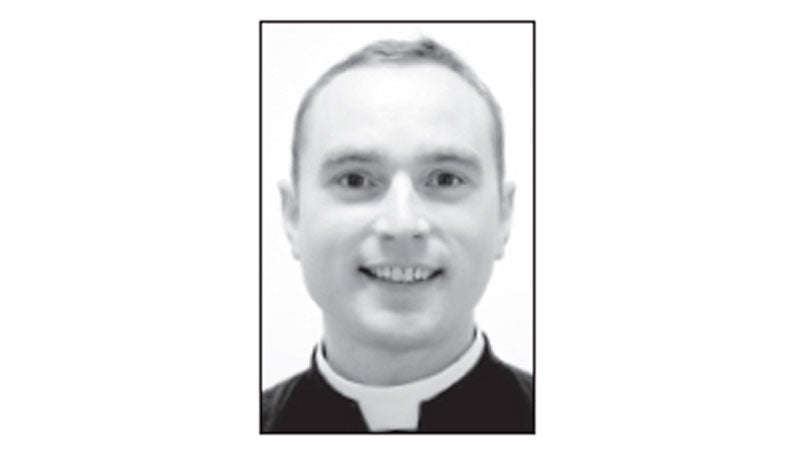COLUMN: ‘The Quiet Man?’
Published 11:00 am Monday, June 10, 2024

- Maximilian Watner
|
Getting your Trinity Audio player ready...
|
By Maximilian Watner
Guest Columnist
You don’t have to be a history-lover to know that books can only go so far in portraying the personality of long-dead heroes. Although we know that St. Peter was impulsive, that Albert Einstein was introverted, and that Queen Elizabeth II was retiring, we read the outlines of history and then fill in the rest with our imaginations. For no one is this more true than for Saint Joseph, the foster father of Jesus. The Bible gives us a brief sketch of his most notable actions, but never quotes a single word of his, despite his essential role in the early life of Jesus. So what can we learn from this quiet man?
Fr. Karl Stehlin writes that St. Joseph’s whole life can be summed up as an ongoing succession of actions that simply stuck to God’s plan, not his own, even in situations which were very obscure and mysterious to him. What could have seemed more inexplicable than his virtuous wife’s unexpected pregnancy? What could be more harrowing than fleeing on foot to a foreign country so that his Son would not be slaughtered by order of the local authorities? What could be more daunting than raising the Son of God, when St. Joseph was acutely aware that he himself was only a human? Despite such almost insurmountable difficulties, St. Joseph always acted promptly when an angel appeared to him and gave him instructions. (See Matthew 1:20, and 2:13,19, & 22.) His actions were God-centered, not self-centered. Quietness, simple obedience, and promptitude seem to describe his adherence to the voice of God.
It is this adherence to God’s will, even when it seems absolutely incomprehensible to us, that we can imitate St. Joseph. In our lives, too, there is always some mystery of suffering: from cancer to the loss of a child to a car accident. We need that glance of faith, that complete confidence which, relying on the infinite goodness of God, convinces us that He always and in all circumstances can work for good, if we love him.
Fr. William Doyle, a WWI army chaplain, echoed this idea when he wrote in 1916, “I cannot help thinking that in spite of all the misery and suffering, this war will turn out to have been the biggest act of God’s love.” This is an astounding statement, considering the crushing death toll and pain caused by the War; but Fr. Doyle was only looking on the situation with the same spirit that St. Joseph would have had when searching desperately for a shelter for Jesus’ birth or when scouring Jerusalem for three days, looking for his lost 12-year-old Son. It was a spirit of firm hope, complete confidence, and submission paired with humble faith that God knows better than man.
BROTHER MAXIMILIAN WATNER is on the staff at St. Thomas Aquinas Seminary in Buckingham County. He can be reached at webmaster@stas.org.




